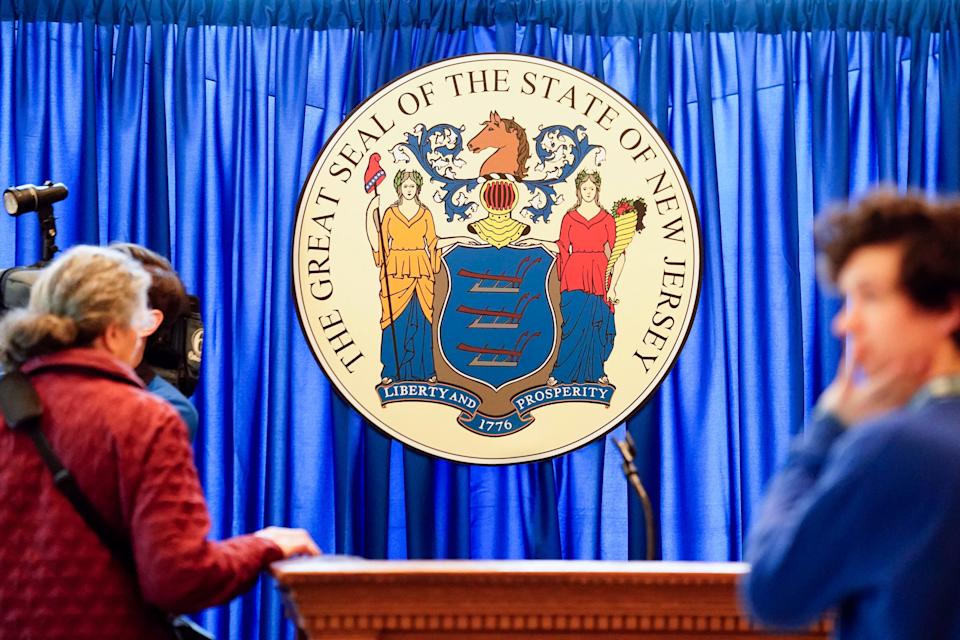On June 30, 2025, Governor Phil Murphy enacted significant legislation that will reshape how public notices are disseminated across New Jersey. This new law, identified as S-4654/A-5878, marks a pivotal shift in the state’s approach to transparency and public information. Beginning March 1, 2026, the updated regulations will fundamentally alter the requirements for both public and private entities obligated to publish legal notices.
Under the new mandate, public entities will be required to publish or advertise all legal notices directly on their official websites. This change aims to modernize the public notification process, making vital information more accessible to residents through digital platforms. By leveraging official government websites, the law seeks to streamline the distribution of critical public information, from local ordinances and budget approvals to zoning changes and public meeting schedules. This digital-first approach aligns with contemporary information consumption habits, ensuring that the public can easily find and engage with important governmental communications.
Furthermore, the legislation extends its reach to private entities that are legally mandated to issue public notices. These organizations will also be required to transition their notice publication to online platforms. This ensures a consistent and comprehensive digital framework for public notifications across various sectors. The shift is expected to enhance efficiency and reach, allowing a broader segment of the population to stay informed about legal proceedings, business filings, and other important announcements previously confined to traditional print media.
This reform represents a significant step towards a more digitally integrated and transparent system for public information in New Jersey. The transition to online publication is anticipated to offer numerous benefits, including reduced costs associated with traditional advertising methods and increased public engagement due to easier access to information. As New Jersey continues to evolve its legislative framework, these changes underscore a commitment to leveraging technology to serve its citizens more effectively.
For more in-depth information on the implications of this new legislation and its broader context within New Jersey’s political landscape, please visit Explore New Jersey Politics. This resource provides additional details and analysis on how such policy changes impact the state’s governance and public affairs.
Understanding Federal Judicial Appointments and Their Broader Impact: While much of the daily news focuses on local and state-level politics here in New Jersey, it’s crucial to remember that decisions made at the federal level have a profound and far-reaching impact on our lives, right down to the communities across the Garden State. Recently, the United States Senate confirmed Whitney Hermandorfer as a judge for the Sixth U.S. Circuit Court of Appeals, marking President Donald Trump’s inaugural judicial appointment of his second term.
This confirmation is part of a larger, ongoing effort by successive administrations to shape the federal judiciary. Both Democratic and Republican presidents strategically prioritize judicial nominations, understanding that these lifetime appointments will influence legal interpretations and policy for decades to come. President Trump, for instance, capitalized on a significant number of vacancies inherited from the end of former President Barack Obama’s term during his first four years in office. Similarly, the Democratic-led Senate under former President Joe Biden diligently worked to fill benches, ultimately confirming a substantial number of federal judges.
As President Trump begins his current term, the landscape of judicial vacancies is somewhat different, with fewer open positions compared to what he encountered previously. However, the commitment to swiftly confirming nominees remains a stated priority for the Senate Majority Leader. These appointments are often highly scrutinized, reflecting the intense partisan divisions that characterize national politics. For instance, Whitney Hermandorfer’s confirmation, which proceeded largely along party lines, drew considerable attention due to her past work for Tennessee’s attorney general, where she defended various policies, including contentious stances on birthright citizenship and abortion. Critics from Democratic and liberal judicial advocacy groups voiced concerns about her perceived judicial philosophy and limited court experience since graduating law school.
The federal judiciary plays a critical role in upholding the rule of law and safeguarding constitutional rights, making each appointment a matter of significant consequence. While a specific judge might be appointed to a circuit court that doesn’t directly encompass New Jersey, their interpretations and rulings can set precedents that influence legal thinking and case outcomes nationwide, including within our own state’s federal district and circuit courts. These judicial selections are a testament to the ongoing political contest for influence over the nation’s legal framework, emphasizing the importance of understanding the federal appointment process and its implications.
For those interested in delving deeper into the complexities of political processes that shape our judiciary and other key aspects of governance, our platform offers further insights. You can explore more about these dynamics and their impact on both state and national policy by visiting Explore New Jersey Politics.












